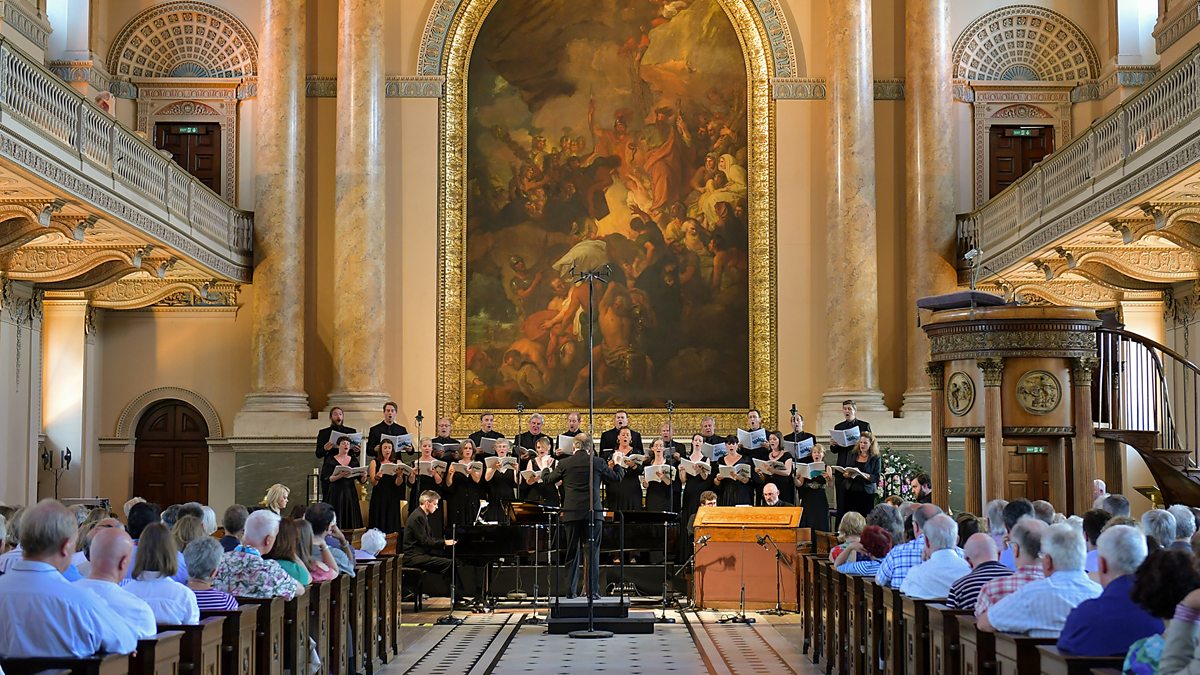Proms at … The Chapel, Old Royal Naval College
15:00 Saturday 6 Aug 2016
The Chapel, Old Royal Naval College, Greenwich
Gioachino Rossini: Petite messe solennelle
Elizabeth Watts, soprano
Kathryn Rudge, mezzo-soprano
Peter Auty, tenor
James Platt, bass
Richard Pearce, harmonium
Iain Farrington, piano
BBC Singers
David Hill, conductor
"The last mortal sin of my old age" was how Rossini described his Little Solemn Mass - which, famously, is neither short nor solemn, and so influenced by the music of the opera house that even to call it a Mass seems out of place. Elaborate choruses, fabulously operatic solo writing - by turns dramatic, expressive and humorous - have made this extraordinary piece one of the icons of the 19th-century choral repertoire. In it, Rossini reflected the contrast of his own witty exterior concealing sincere religious belief. Here, joy is tinged with grief and anxiety, amid vocal writing of purity and pungency.
15:00 Saturday 6 Aug 2016
The Chapel, Old Royal Naval College, Greenwich
Gioachino Rossini: Petite messe solennelle
Elizabeth Watts, soprano
Kathryn Rudge, mezzo-soprano
Peter Auty, tenor
James Platt, bass
Richard Pearce, harmonium
Iain Farrington, piano
BBC Singers
David Hill, conductor
"The last mortal sin of my old age" was how Rossini described his Little Solemn Mass - which, famously, is neither short nor solemn, and so influenced by the music of the opera house that even to call it a Mass seems out of place. Elaborate choruses, fabulously operatic solo writing - by turns dramatic, expressive and humorous - have made this extraordinary piece one of the icons of the 19th-century choral repertoire. In it, Rossini reflected the contrast of his own witty exterior concealing sincere religious belief. Here, joy is tinged with grief and anxiety, amid vocal writing of purity and pungency.


 )
)
Comment